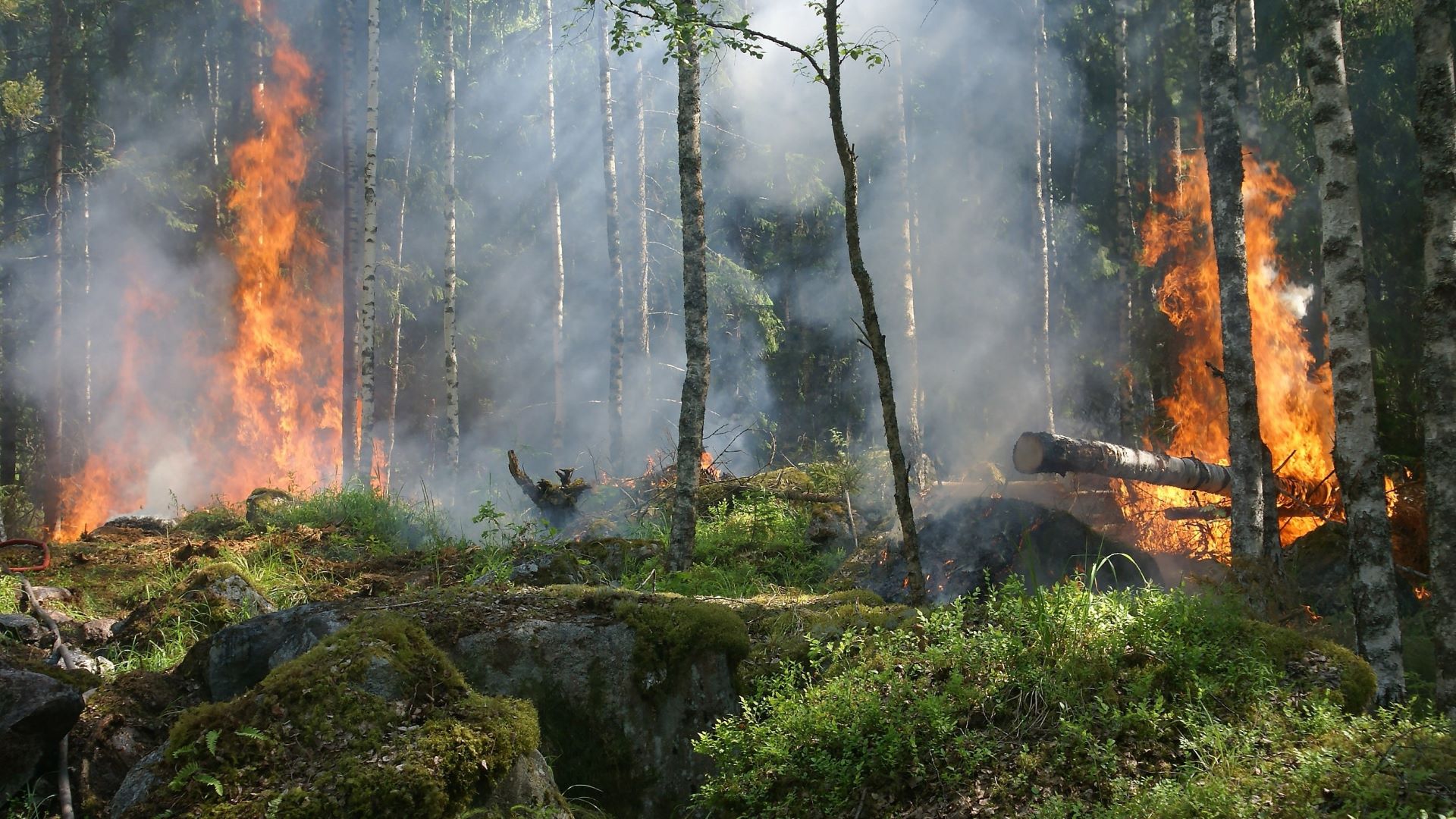The Lamen
Wildfire smoke linked to dementia later in life

The “global wildfire crisis” is bound to prove catastrophic for our health — and some of its aftereffects are already being felt.
Photo: Pixabay
Wildfires are only going to get worse — with a UN report predicting a “global wildfire crisis.” It suggests that the risk of devastating infernos worldwide could increase by over 50 percent by the end of the century. With the smoke from these fires reaching far beyond burned boundaries, the impact on human health could be severe — even impacting our brains in the long term.
Details: A study found that people living in areas with high levels of fine particulate matter (PM 2.5) could have a greater incidence of dementia later in their lives.
- The strongest associations were found with PM 2.5 pollutants generated from wildfires, agriculture, traffic, and coal combustion.
- Higher exposure to PM 2.5 has been linked with smaller white matter volume and worsened memory. The resulting neuroinflammation may be what influences dementia risk.
- A previous study found that particulate matter from wildfire smoke had a greater impact on respiratory health compared to other sources.
The average American has already inhaled record-breaking amounts of wildfire smoke in the first eight months of the year. The new study highlights the far-reaching effects of wildfires which may even manifest later in life.
- Measuring just a fraction of the width of a human hair, these pollutants infiltrate the lungs to reach the bloodstream — generating inflammation to promote several diseases.
- Associated with increased cardiovascular, respiratory, and cancer deaths, ambient particulate matter (PM 2.5 or smaller) was the sixth leading cause of death in 2016 — claiming over 4 million lives.
- The synergistic interplay of heat stress with PM 2.5 exposure can result in an enhanced heat wave effect.
Follow up: While limiting time outdoors and wearing a high-quality mask can minimize exposure, air filters can improve air quality indoors. However, frequent wildfires attributed to climate change need regulatory measures to prevent catastrophic damage.
- A study predicts people taking action to reduce exposure to air pollution could avoid nearly 3,000 deaths in the U.S. alone.
- Beyond regulatory mandates, the government is pouring billions of dollars into new satellite missions to better monitor air quality.
What’s next: The world’s worst wildfire season on record has scorched an area almost as big as Austria in Canada alone — with hazardous smoke reaching the European skies.